As kids, most of us probably had a relatively strict bedtime routine, even if just for the sanity of our parents. Bath time, getting cozy in our PJs, and then a bedtime story— these were the techniques that got our buzzing lil’ bodies to wind down every evening. Nevertheless, as soon as we start to grow up, much of these so-carefully-forged routines get thrown out of the window.
Once we to emerge from our topsy-turvy teenage years however, we have to contend with jobs, responsibilities, deadlines, and all that ‘adulting’ business. So often, we are sleep deprived and stressed, and just can’t seem to figure out why. Could it be that the sleep routine we railed against as children is the answer to our blurry-eyed woes?
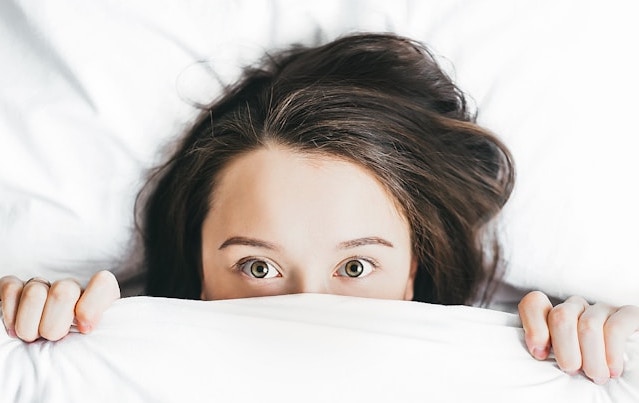
Spoiler alert: Yes, yes it is. But, sleep routines don’t have to be boring. They can be relaxing, they can be luxurious, they can even be a little psychedelic. So, in this article we will learn why a sleep routine is important, and how to easily plan and structure one. We will also explore where you can fit microdosing into your plans, and in some cases how it could make your routine even better.
What’s So Important About Sleep Hygiene?
A good sleep routine, also known as sleep hygiene, is essential for overall health and well-being for several reasons:
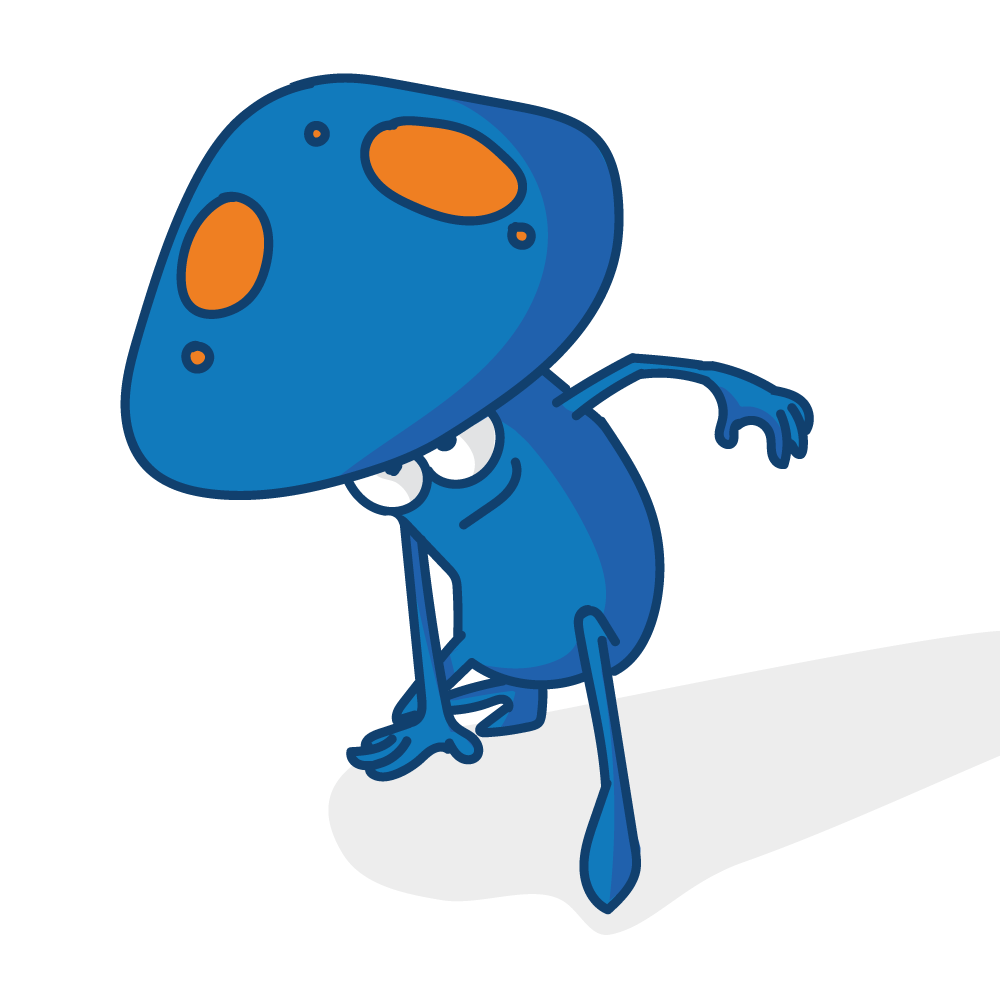
- Improved Physical Health: Quality sleep is crucial for various bodily functions, including immune function, hormone regulation, metabolism, and cardiovascular health. Consistently getting enough high-quality sleep can reduce the risk of chronic health conditions such as obesity, diabetes, heart disease, and immune disorders.
- Enhanced Mental Health: Sleep plays a significant role in regulating mood, cognition, and emotional well-being. Chronic sleep deprivation or poor sleep quality can contribute to mood disorders like depression and anxiety, as well as impair cognitive function, concentration, and memory.
- Optimized Performance and Productivity: Adequate sleep is essential for peak cognitive performance, including attention, problem-solving, creativity, and decision-making. A well-rested mind is more alert, focused, and efficient, leading to better productivity and performance in daily tasks, work, and learning.
- Regulated Hormone Levels: Sleep influences the balance of various hormones in the body, including those that regulate appetite, metabolism, stress response, and growth. Disrupted sleep patterns can lead to hormonal imbalances, increased appetite and cravings, weight gain, and heightened stress levels.
- Enhanced Immune Function: Quality sleep is vital for a robust immune system, as it supports the body’s ability to fight off infections and diseases. Chronic sleep deprivation or poor sleep quality can weaken the immune response, making you more susceptible to illnesses and infections.
- Improved Stress Management: Adequate sleep is essential for regulating stress hormones like cortisol and promoting relaxation and emotional resilience. Establishing a regular sleep routine can help manage stress levels and improve overall coping mechanisms.
- Enhanced Quality of Life: Consistently getting enough restorative sleep can lead to a better quality of life overall, with improved mood, energy levels, physical health, mental clarity, and overall sense of well-being.
To summarize: sleep is very, very important. Not just for all of the above reasons, but also because hanging around with, or being a sleep-deprived person, is no fun at all really! ‘Bear with a sore head’ comes to mind. And nobody wants that!

Can You Microdose and Still Practice Sleep Hygiene?
So how do we get our sleep to be ‘hygienic’? How do we lock down a routine that will have us drifting gently towards the land of nod? We’ll get there soon enough, don’t worry. But first we are going to explore how psilocybin microdosing could fit into the picture.
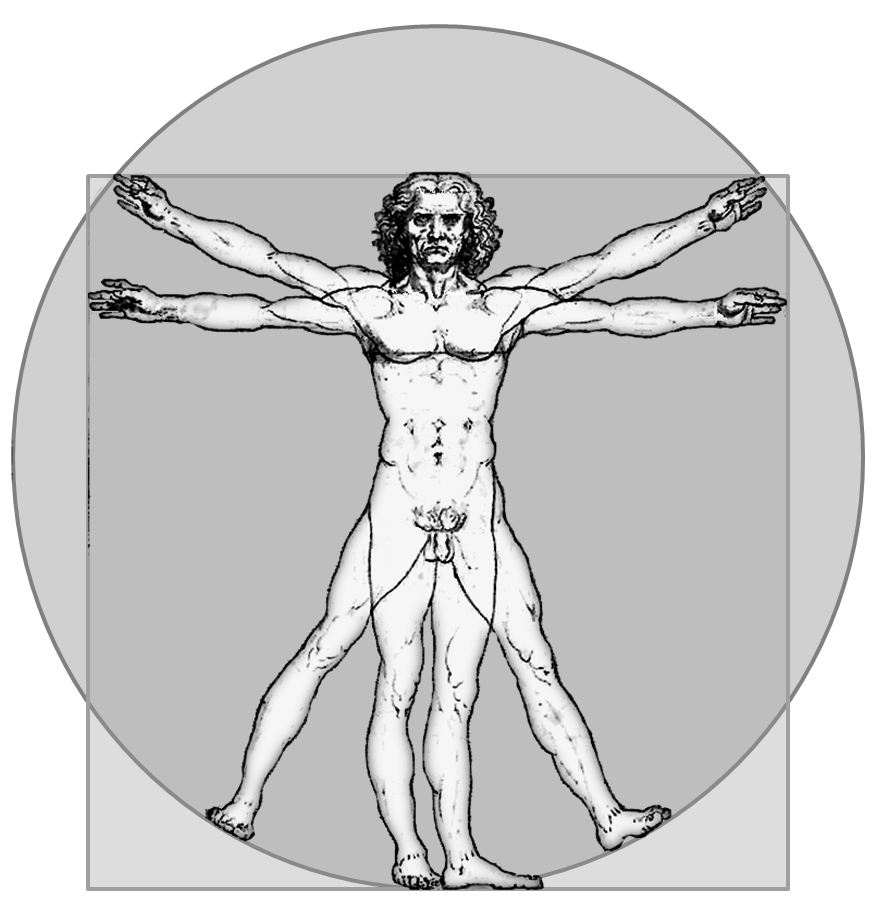
Psilocybin microdosing (the act of taking a teen-tiny dose of magic mushroom or truffle, and reaping the benefits of improved mood, focus, creativity, and energy) is a popular wellness technique. Beloved by everyone from tech bros, to overworked mothers, you may notice that the purported benefits are pretty similar to those reaped from sleep hygiene. This is why many people who practice sleep hygiene also have a microdosing routine, and vice versa.
However, this is where it gets interesting. Individual body-chemistry interesting.
Morning, Microdosers!
Notoriously, people report having trouble sleeping if they ingest psilocybin too soon before bedtime. The psychoactive compound can be too stimulating, getting the brain whirring too efficiently for sleep to encroach. This is, of course, why many people microdose in the morning, or at least in the earlier part of the day. This means that they can put this stimulation to work at work, or while pursuing creative projects, or exercising, or running around after their kids.
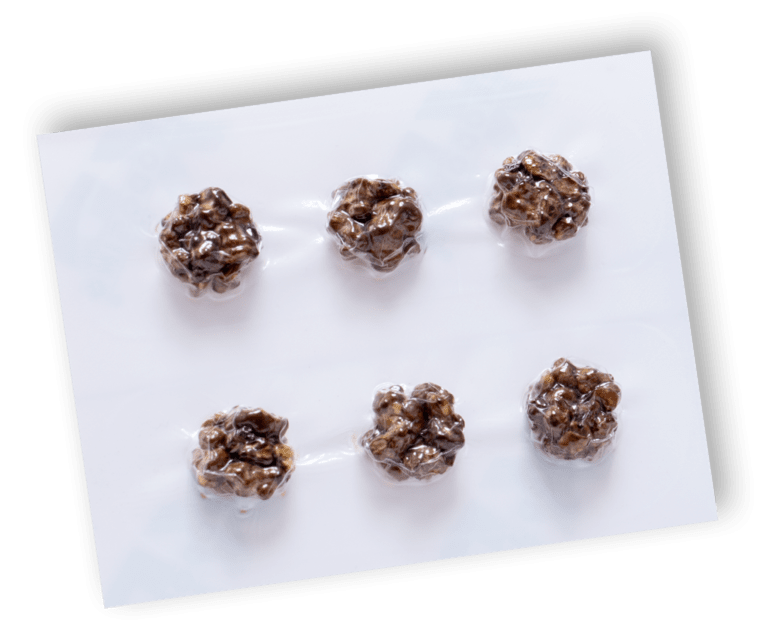
If this is you, part of your sleep hygiene routine would be to make sure that on the days you microdose you do it early enough in the day to not negatively affect your sleep.
The ‘Nightcap Protocol’
And yet, this is not the case for every psilocybin user. There are some microdosers who enjoy what has been dubbed the ‘Nightcap Protocol’. While stimulation is a result of microdosing for some, others report feelings of drowsiness. This can usually be righted by reducing the dose taken — however some users instead choose to harness this quality by taking their psilocybin microdose just before they go to bed.
The folks who microdose like this claim that they wake up feeling refreshed and bright in the morning. They also report more vivid and unusual dreams. Additionally, the mental health treating abilities of psilocybin do not stop at night! Rather, some theorize that as sleep is when the brain heals, recharges, and repairs. So, a psilocybin dose at this time could be even more effective than in the day. For those stuck in the destructive cycle of, say, anxiety and insomnia — both causing and exacerbating each other — this could be the key to easing the symptoms of each.

Same Routine, Just At Night
Those who use the ‘Nightcap Protocol’ tend to mirror the other common microdosing protocols, just at night, instead of the morning. These are the Fadiman Protocol (named after Dr. James Fadiman) and the Every Other Day Protocol. It is also recommended, by those in the know, that you should take your microdose at least an hour before going to bed, to let it begin to work its magic.
So for a ‘Nightcap’ version of the Fadiman Protocol you would do:
Day 1: Microdose one hour before bedtime.
Day 2: No microdose.
Day 3: No microdose.
Day 4: Microdose one hour before bedtime.
Continue for 4 to 8 weeks, then take a break of 2 to 4 weeks to reflect and reset.
For a ‘Nightcap’ version of the Every Other Day Protocol you would do:
Day 1: Microdose one hour before bedtime.
Day 2: No microdose.
Day 3: Microdose one hour before bedtime.
Day 4: No microdose.
Continue for 4 to 8 weeks, then take a break of 2 to 4 weeks to reflect and reset.
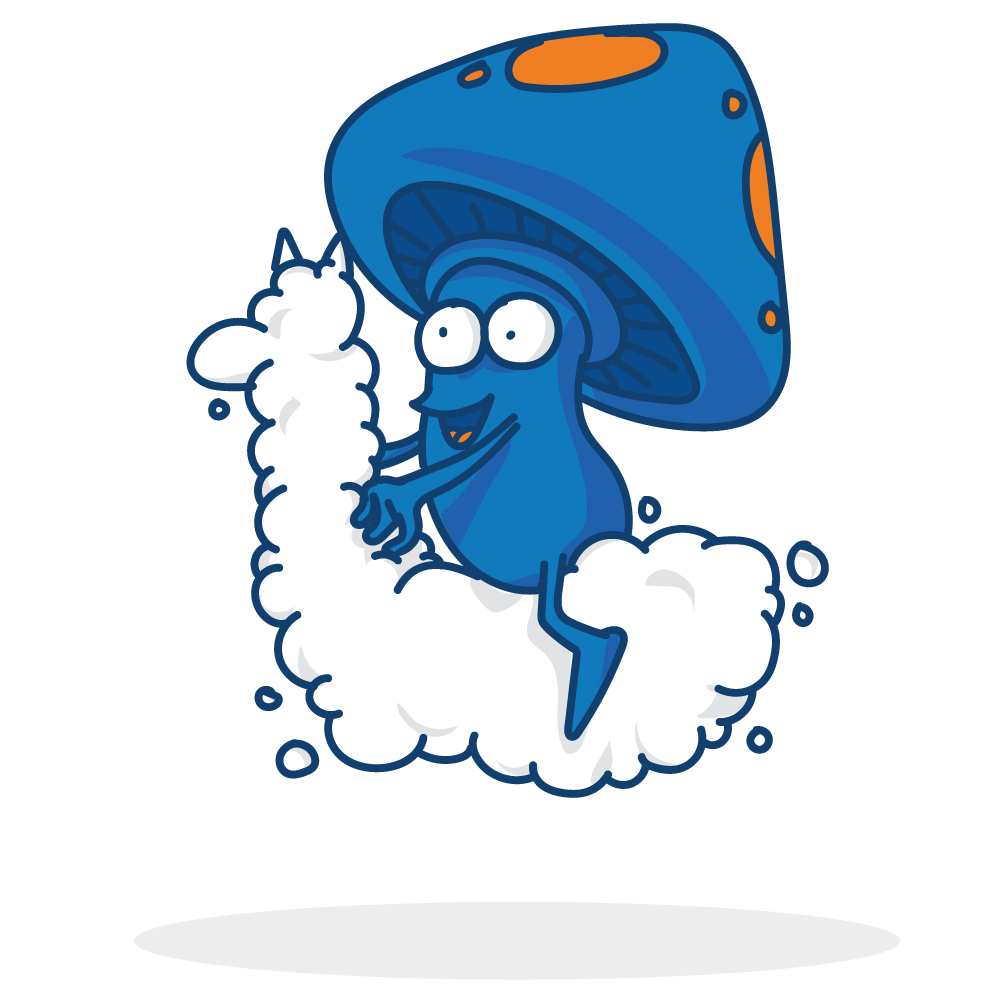
The Nightcap Protocol could be a game-changer for many. Maybe you are someone who really wants to microdose but has always been bogged down by a little bit of post-dose fatigue? Many of those who night-microdose report feeling that same creative flow that daytime-dosers feel, but the next morning. Maybe you are someone who really wants to tackle both their mental health and sleep issues?
If this is you, part of your sleep hygiene routine would be taking your microdose later in the day, as part of your wind-down before bed.
Working out which time of day is best for you microdose will take some trial and error. If you are going to experiment with microdosing before bed, the first time you try it should perhaps be on a weekend evening, where it might matter less if sleeping is delayed. If it is, then you have your answer — you are a daytime microdoser. But, if you drift off and have deep and vibrant dreams — you might be a nighttime microdoser.
How to Build a Sleep Hygiene Routine
So, now you know where microdosing could fit into your sleep hygiene routine, let’s get to the task at hand; building that routine.
Morning:
Wake Up Consistently: Aim to wake up at the same time every day, even on weekends. This helps regulate your body’s internal clock. Even if you have stayed up a bit later the night before (hey, it happens!) still try to rise at the same time. Any extra tiredness you have will simply make sleeping the next night even easier.

Get Natural Light Exposure: Spend some time outdoors or near a window in the morning to expose yourself to natural sunlight. This helps regulate your circadian rhythm and signals your body that it’s time to be awake.
Stay Hydrated: Drink a glass of water upon waking up to rehydrate your body after a night of sleep.
Microdose: If you are a daytime microdoser, here is where it is best to microdose, so any energizing effects will have worn off by the evening.
Afternoon:
Limit Caffeine: Avoid consuming caffeine or limit it to the morning hours, as it can interfere with your ability to fall asleep later in the day.
Stay Active: Engage in regular physical activity, but avoid vigorous exercise close to bedtime, as it can increase alertness and make it harder to fall asleep.
Try to Eat a Balanced Diet: Eat balanced meals throughout the day, avoiding heavy meals close to bedtime. Also, try to avoid spicy or acidic foods that can cause discomfort or indigestion during the night.
Evening:
Wind Down Routine: Establish a relaxing bedtime routine to signal to your body that it’s time to wind down. This could include activities like reading, taking a warm bath, practicing relaxation exercises, or listening to calming music.
Limit Screen Time: Minimize exposure to screens (phones, computers, TVs) at least an hour before bedtime. The blue light emitted by screens can disrupt your body’s production of melatonin, making it harder to fall asleep.
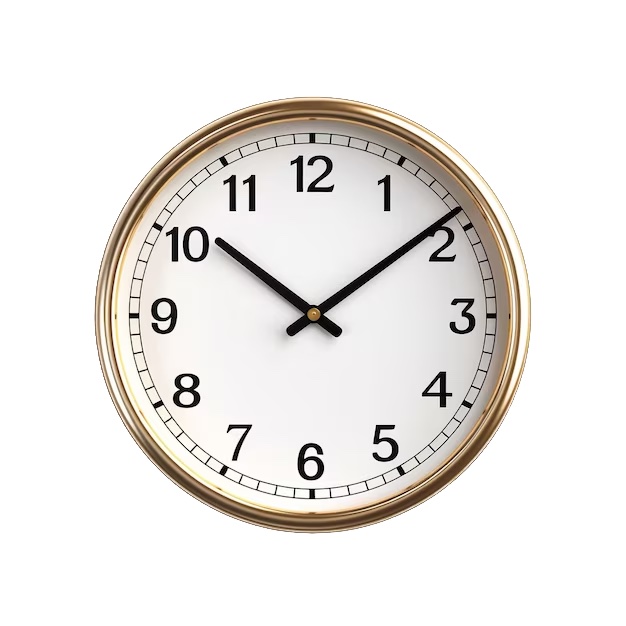
Create a Cozy Sleep-Inducing Environment: Make sure your bedroom is conducive to sleep by keeping it cool, dark, and quiet. Consider using blackout curtains, white noise machines, or earplugs if necessary.
Establish a Consistent Sleep Schedule (within reason!): Aim to go to bed at a similar time every night and wake up at the same time every morning, even on weekends. Consistency is key for regulating your body’s internal clock.
Limit Alcohol and Nicotine: Avoid consuming alcohol or nicotine close to bedtime, as they can disrupt your sleep cycle and lead to fragmented or poor-quality sleep.
Practice Relaxation Techniques: If you have trouble falling asleep, try relaxation techniques such as deep breathing, progressive muscle relaxation, or visualization exercises to calm your mind and body.
Microdose: If you are partial to the Nightcap Protocol to help you fall asleep, here is where you would take your dose in combination with all these other wind-down activities.
Note: do not microdose twice in one day! Pick the time that works best for your sleep schedule.
Enjoy the Process
For most people sleep isn’t like in cartoons. It’s not — leap into bed, pull covers up to neck, and then ‘honk shoo mimimi’— until morning. It actually takes a minimum of 15 minutes for a person to fall asleep. Putting pressure on yourself to drift off is never helpful. Neither is beating yourself up when you don’t follow your sleepy routine to a tee — sometimes there’s parties, or movie marathons, or shroomy stargazing you just can’t miss! Having a guideline to return to will get you back on the straight and narrow in no time.
By ritualizing your bedtime routine, something you once thought nothing of can become a treat. Maybe you make yourself a soothing tea every evening at 8pm. Maybe you stretch, or apply moisturizing lotion after a bath or hot shower. Perhaps you read some pages of a novel. Whatever you do, it should be enjoyable, and it should be something you can do every night. That’s why they call it a routine, after all!

So, are you ready to dream…?





